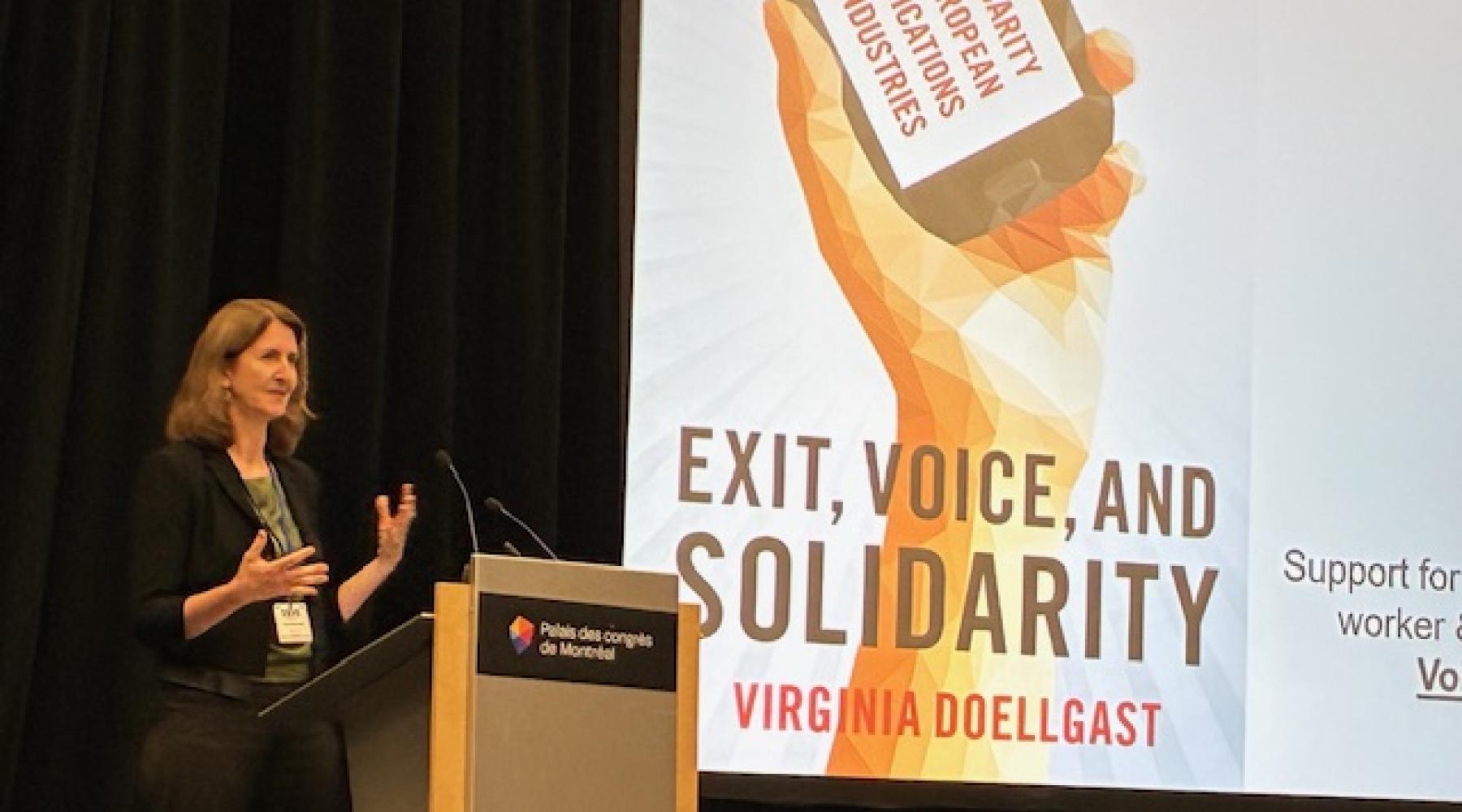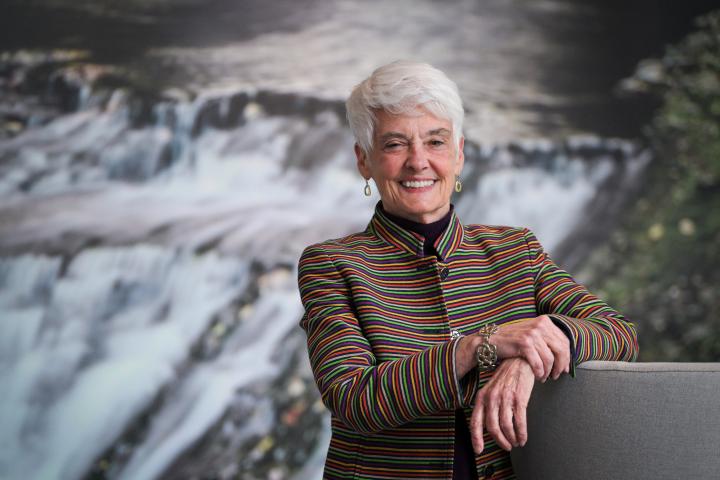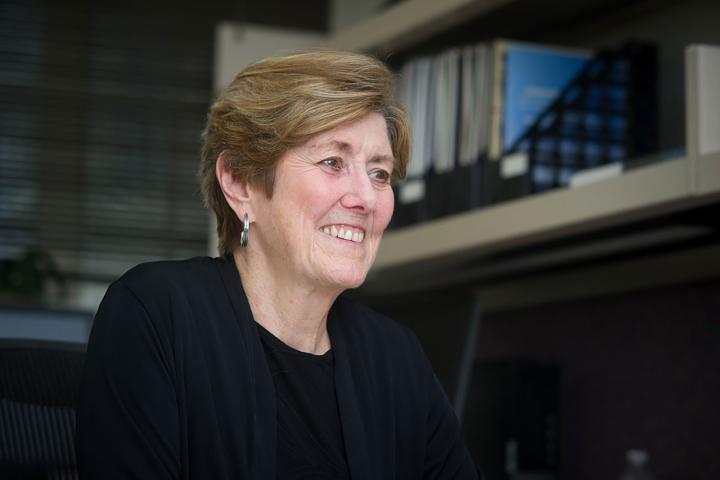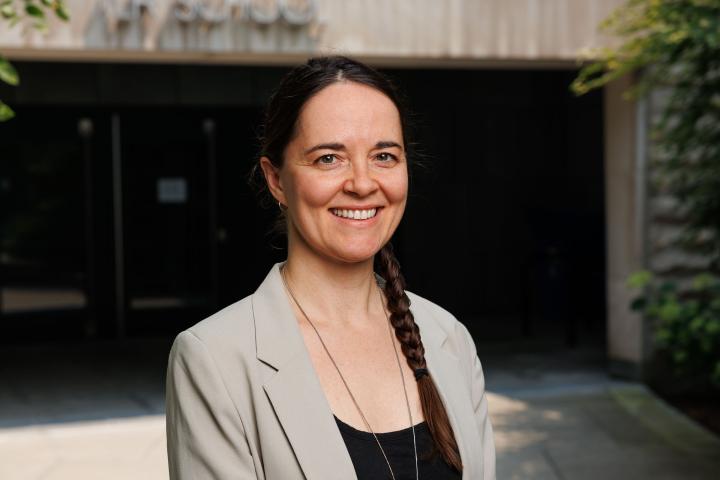
Doellgast Concludes Term as SASE President
Virginia Doellgast attended her first Society for the Advancement of Socio-Economics (SASE) conference, held in Budapest, as a Ph.D. student in 2005. Twenty years later, she concluded her role as SASE president when the organization held its most recent conference this past July in Montreal.
“I had a great experience presenting a paper at that first conference,” Doellgast said. “I’ve met a lot of people at SASE over the years who have become good friends and colleagues.”
Doellgast, the Anne Evans Estabrook Professor of Employment Relations and Dispute Resolution, is the first-ever Cornell professor to hold the role of president of SASE, an interdisciplinary organization with members whose academic disciplines include economics, sociology, political science, management, psychology, law, history and philosophy.
“SASE has a strong membership among labor and employment relations scholars, but it’s also much broader,” Doellgast said. “It is a community of multi-disciplinary and international researchers who study interactions between society, economy, and politics. This is also at the core of our research and teaching at the ILR School.”
As president, she chose the theme of the 2025 conference: “Inclusive Solidarities: Reimagining Boundaries in Divided Times.” Doellgast wrote, “The theme of this year’s SASE meeting recognizes the importance of reimagining the boundaries that define commitments to and practices of inclusive solidarity, at a time when the most visible trends are toward intensified divisions.”
This theme was connected to Doellgast’s research, including her book, “Exit, Voice, and Solidarity,” which was published by Oxford University Press in 2022.
Even the conference location of Montreal was on theme, with Doellgast writing in the welcome that “Québec’s history is marked by frequent reimaginings of the boundaries defining solidarity and the practices that underpin it – from European colonization, the displacement of Indigenous Peoples, and centuries of religious or cultural and nationalist conflict; to the ‘Quiet Revolution’ of the 1960s that established a more inclusive welfare state and industrial relations institutions.”
Appropriately, Doellgast began a new initiative this year with the local organizing committee to organize a special ‘Québec stream’ of papers and panels focused on the region’s labor movement, family policies, and social and solidarity economy. These panels were open to the public.
“The Québec stream was organized to bring the conference into the region and to encourage more dialogue between academics and practitioners,” Doellgast said.
Doellgast was formerly a member of the SASE executive council, serving on multiple committees, including co-organizing the Early Career Workshop. She is also an editorial board member of SASE’s journal, the Socio-Economic Review.
This academic year, Doellgast will serve as SASE past president. In that role, she will stay engaged with the organization as a member of the Executive Committee.
“Otherwise,” she said, “I can spend more time with friends and colleagues at next year’s conference in Bordeaux.”
“At this time of rapid change in our economies and societies, multidisciplinary and international communities of scholars like those at SASE are particularly important. The annual conference gives a space to analyze these changes, but also to discuss the actions that labor and social movements, policymakers, and academics can take to promote solidarity, sustainability and social justice.”


